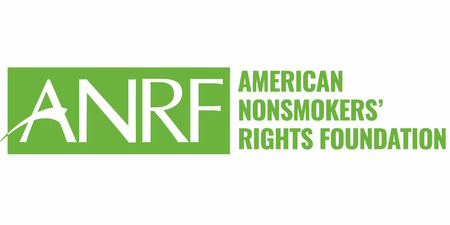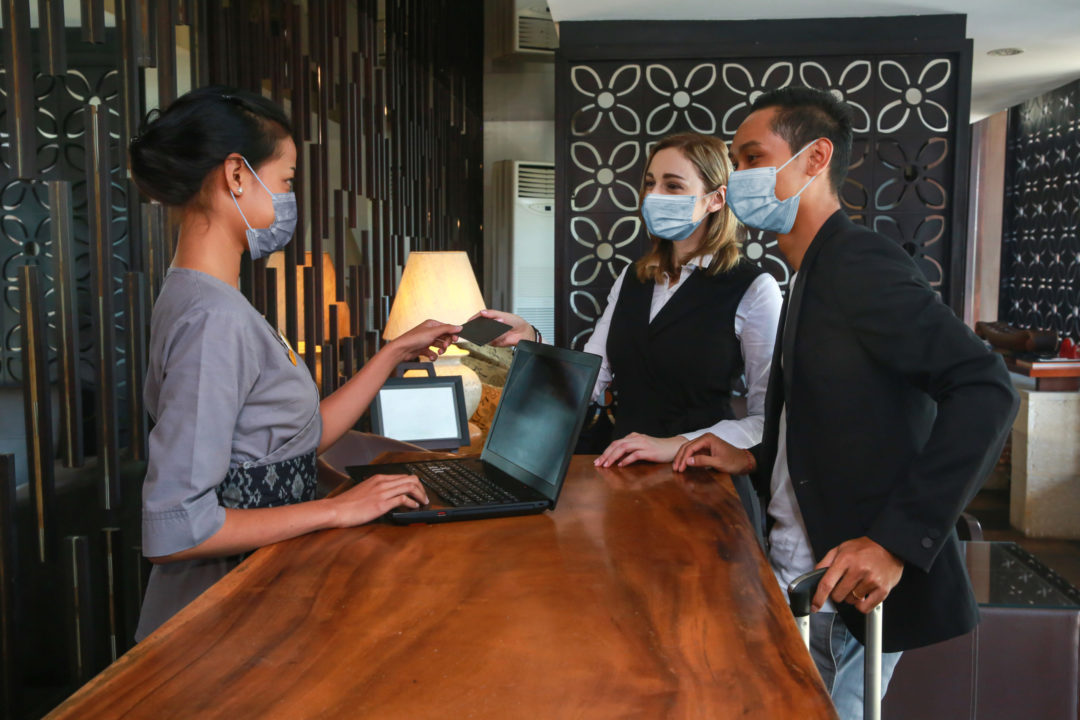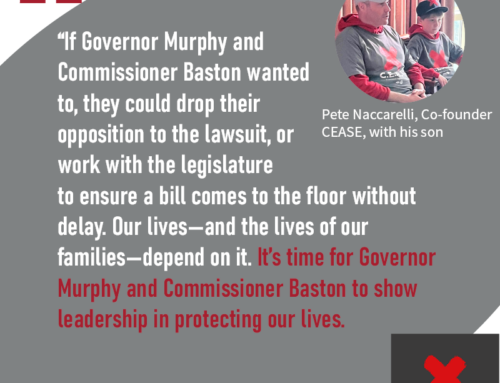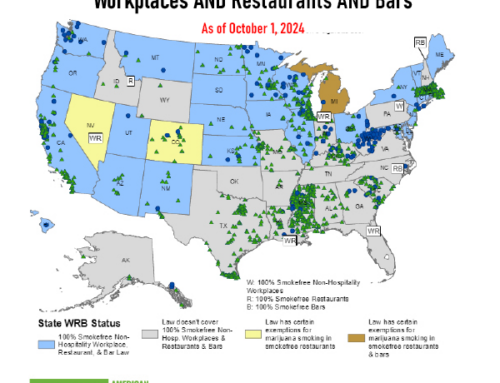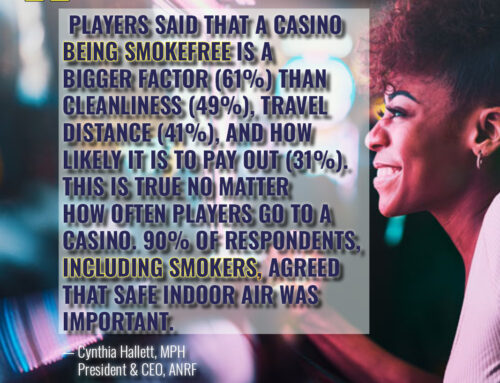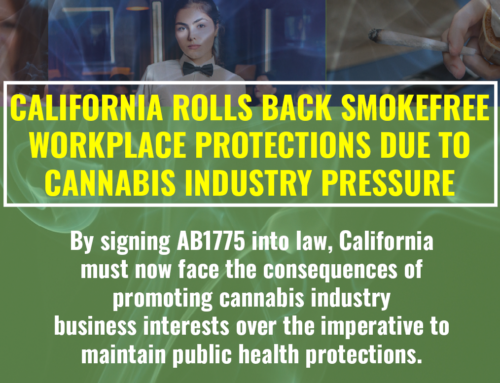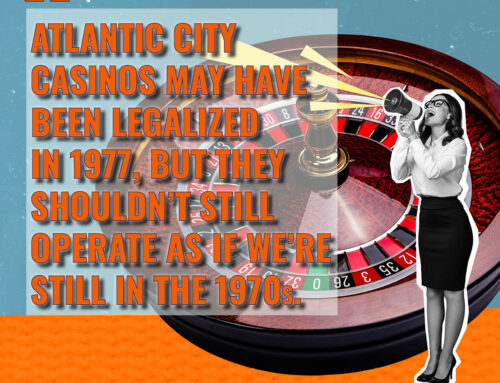Smokefree Policies are Good for Health and Good for Business
In January 2006, Westin Hotels and Resorts implemented the first nationwide 100% smokefree hotel policy in the U.S. It was a breath of fresh air for customers, service staff and the travel industry. At the time, the Westin policy was considered somewhat controversial due to the history of Big Tobacco working to undermine smokefree hotel efforts through lobbying and targeting of trade groups.
Westin proceeded with its plan based in large part on feedback from its customers, demonstrating once again that the majority of adults prefer smokefree policies and will patronize smokefree businesses.
See also ANR’s media statement.
There is no safe level of exposure to secondhand smoke
In a building, it’s shared air. If smoking is permitted in some guest rooms, secondhand smoke and thirdhand smoke residue spread throughout the building, creating a health hazard for everyone. Ventilation systems and smoking rooms do not address the health risks associated with secondhand smoke exposure and are not a substitute for smokefree air.
In addition to the health benefits, there are economic benefits associated with smokefree hotel policies, such as reduced cleaning time and costs, simplifying room inventory management, eliminating a top customer complaint, attracting meetings and customers, improving worker health, and supporting a consistent wellness brand experience.
Westin smokefree policy created a domino effect of healthy environments
Following Westin’s example, Marriott International adopted a smokefree policy portfolio-wide across all its U.S. properties and brands in Fall 2006. At the time, Westin was part of Starwood Hotels and Resorts (Starwood was acquired by Marriott in 2016). In 2008, Starwood extended a 100% smokefree policy to Sheraton hotels and eventually portfolio-wide to all U.S. locations and brands including W Hotels, Aloft, Le Meridien, St. Regis, and more.
Smokefree Hotel Legislation
At least six states and 260 cities, including Atlanta, New Orleans, and Indianapolis, require all hotels to be 100% smokefree indoors as part of smokefree workplace laws.
Significant progress, yet gaps remain
Today, it can be easy to take smokefree air for granted on airplanes or in a hotel, but the reality is that many people still work in toxic, smoke-filled environments. Millions of people are unfortunately still exposed to secondhand smoke in the job, at home, or in public places due to gaps in smokefree protections resulting from Big Tobacco’s policy interference over the years. The COVID-19 pandemic is a reminder that respiratory health in the workplace is critical to preventing illness and protecting public health.
2021 marks the 45th anniversary of Americans for Nonsmokers’ Rights (ANR). This member-supported, non-profit advocacy group has been working since 1976 to protect everyone’s right to breathe nontoxic air in workplaces and public places, from offices and airplanes to restaurants, bars, and casinos. Over the years, ANR has continuously shined a light on the tobacco industry’s interference with sound and life-saving public health measures and successfully protected 61% of the population with local or statewide smokefree workplace, restaurant, and bar laws. ANR aims to close gaps in smokefree protections for workers in all workplaces, including bars, music venues, casinos, and hotels.
More on Smokefree Hotels
International
Westin expanded its landmark policy to Ireland, Scotland, New Zealand, and Fiji and to more individual properties around the world. In May 2012, Westin Hotels & Resorts announced that the Westin Paris – Vendôme would be smokefree. Many countries have enacted strong smokefree laws, and more hotels have expanded smokefree policies to additional regions of the world in line with changing expectations. Even many smokers don’t necessarily prefer a smoking hotel room.
Other notable smokefree hotel policies
Choice Hotels implemented a smokefree policy for its Comfort Suites brand in 2007, expanded to include the Comfort Inn brand in 2016. The Choice Hotels policy, notably, was the first to specifically prohibit the indoor use of e-cigarettes as well as combustible tobacco products.
Hilton has a 100% smokefree indoor air policy for at least two brands: Tru and Canopy. Several other hotel groups have at least one smokefree brand.
Investor Perspective
Marriott and Westin smokefree policies are early examples of what is now known as ESG (environmental, social, governance) policies – sustainable business practices that support the health of workers and communities in ways that are also good for business. Smokefree indoor air policies are an important ESG policy metric to consider for hospitality sector businesses such as hotels, casinos, restaurants, and cruise ships. Today, 90% of Gen-Z and Millennials and 92% of older Americans age 65+ are nonsmokers.
Watch a short clip from 2007 that describes just how successful smokefree can be:
Full length video here:
